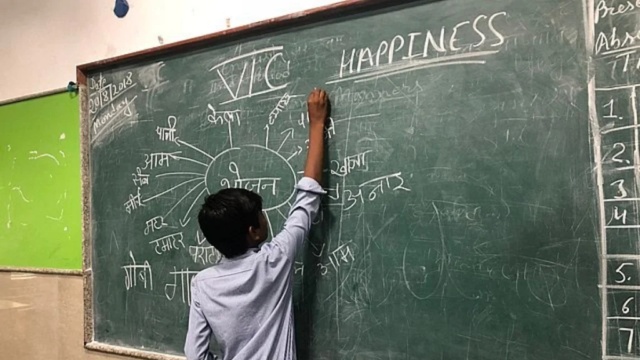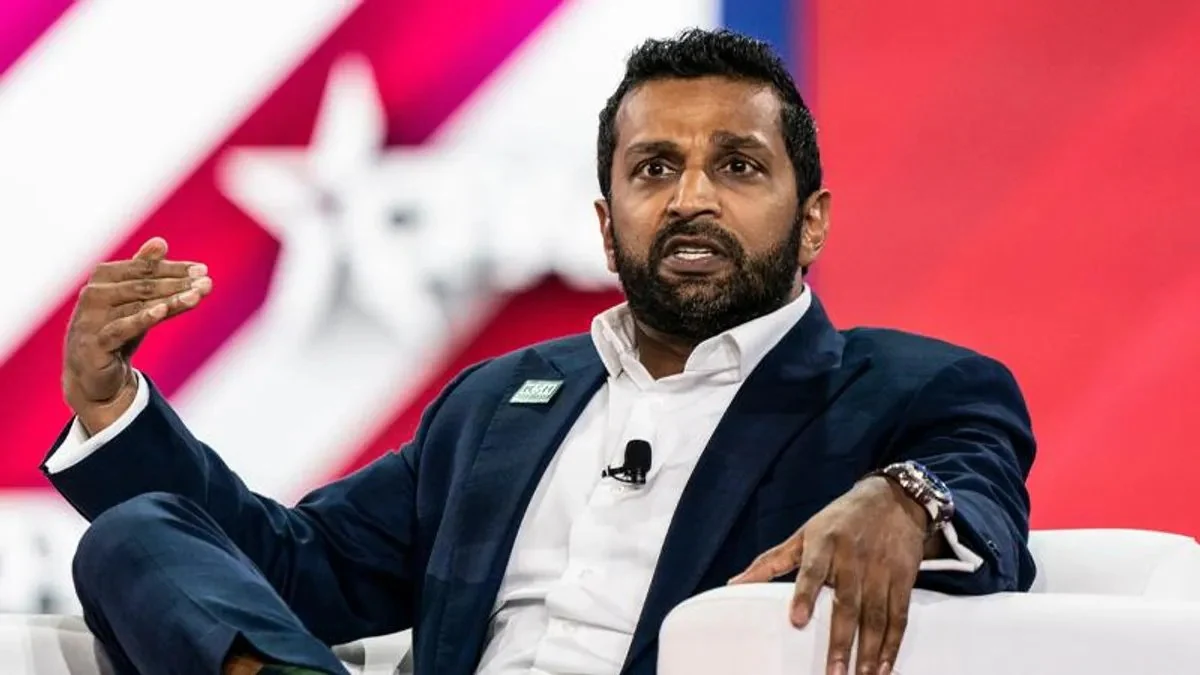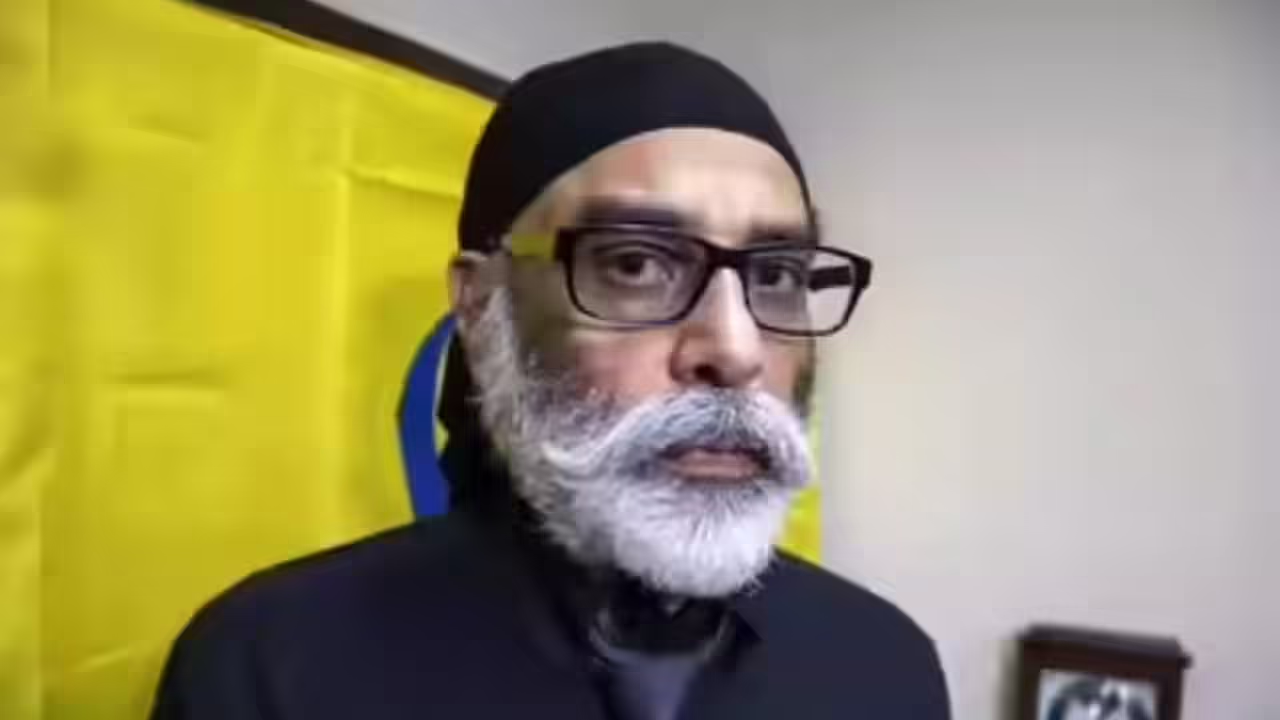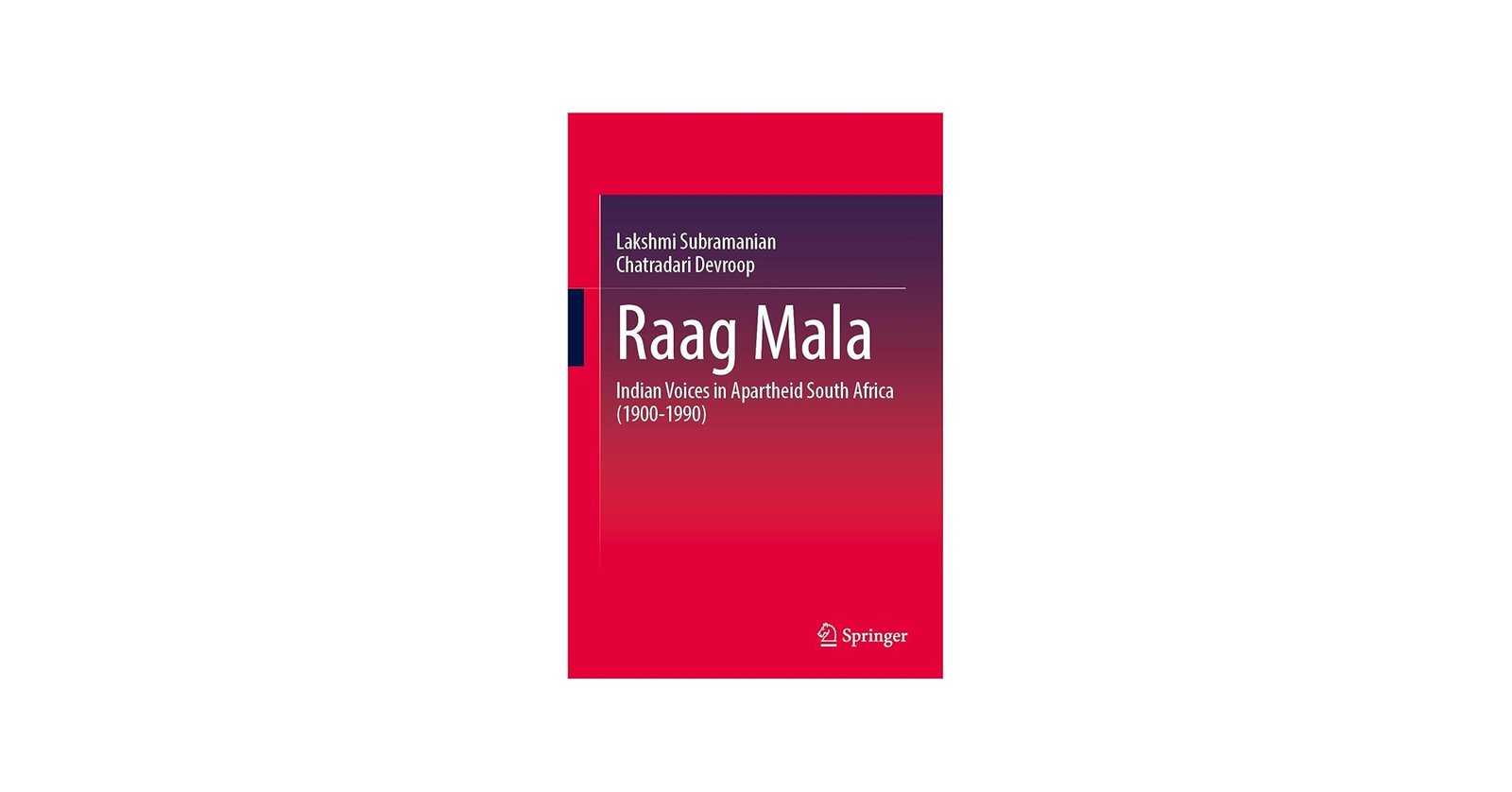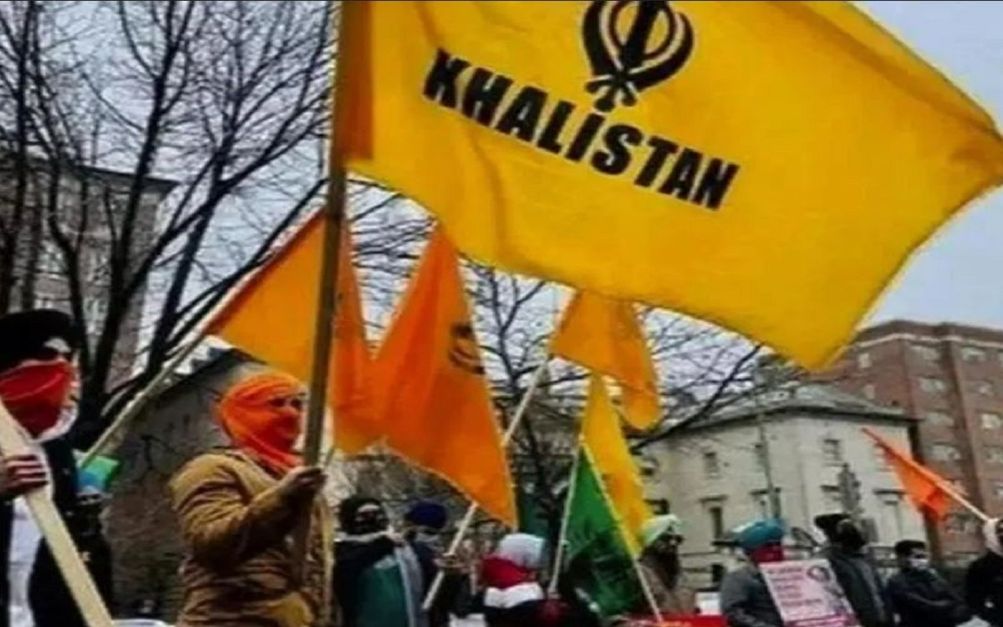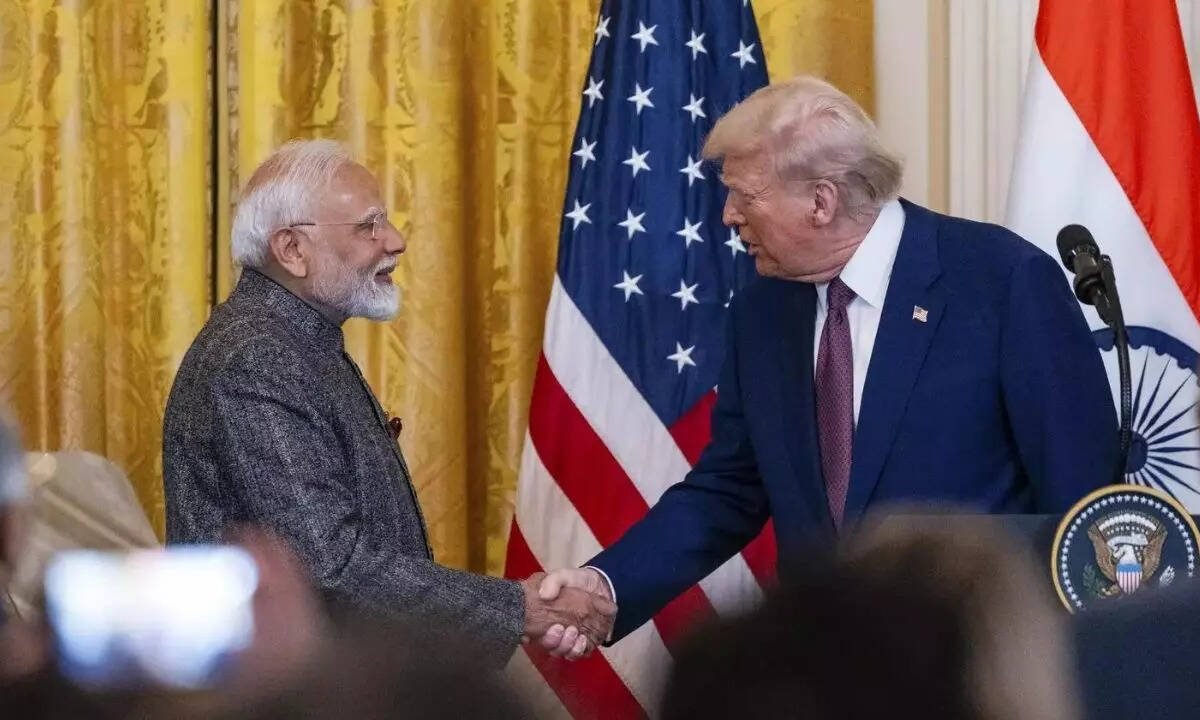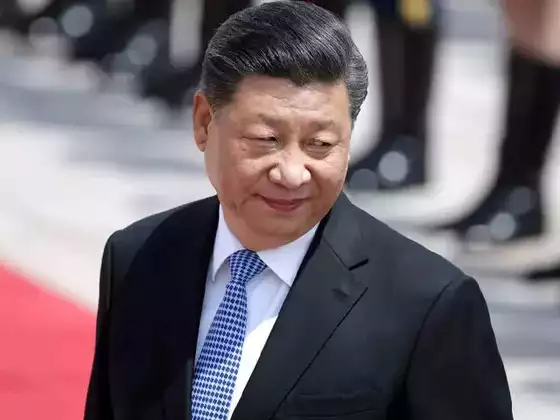-
It seems that days are numbered for American schools to introduce Hindi as a second language after English if things fall in place as planned
-
A petition to that effect found space alongside the opening of new Indian consulates and the stamping of H1B visa renewals in the US on the agenda of many Indian American state and local elected officials during Prime Minister Modi’s recent official visit to the US Capitol
Over 10 lakh members of the fast-growing Indian Diaspora (4.5 million) in America speak Hindi for everyday communication, thereby making it the first most spoken Indian language in the US. Telugu is the second most spoken language in Indian-origin households across America, having pushed Gujarati to the third position among the top 10 Indian languages spoken in the United States. Many universities including Stanford in California, New York, Michigan, Texas, Illinois, Washington, Atlanta and other US states offer Hindi language programmes, reported indianeagle.com.
However, it seems that days are numbered for American schools to introduce Hindi as a second language after English if things fall in place as planned. A petition to that effect found space alongside the opening of new Indian consulates and the stamping of H1B visa renewals in the US on the agenda of many Indian American state and local elected officials during Prime Minister Modi’s recent official visit to the US Capitol.
They supported the petition citing the highly potential socio-economic impact of teaching Hindi in American schools.
Indian American Impact and the Asia Society, two of the leading groups having good relations with the Democratic Party in power, also wrote to President Joe Biden, requesting the creation of a new Hindi language fund. They proposed to get Hindi introduced as a second language in as many as 1000 schools and pledged Rs 816 crore to the fund for the same. Apparently, this is a fulcrum of the Indian American support to Biden in the 2024 presidential election.
-
The highly anticipated approval to the proposal will be welcome news to not only Hindi-speaking Indian American families, but also non-Hindi-speaking Indian households in the USA
-
Arabhi Sundararajan from South India has been part of the campaign for years in Palo Alto, California. Her children learned Hindi as an after-school programme at a non-profit language center when they were elementary students. Thereafter, they were enrolled to Madhu
The proposal submitted to President Biden for introducing Hindi as a second language refers to S&P Global Ratings’ recent report forecasting that Japan and Germany would fall behind India as the world’s third largest economy by the end of 2030. The Indian economy is likely to exceed $7.5 trillion in 2031. The current foreign language programmes in US schools are not aligned to the upcoming global economy.
The highly anticipated approval to the proposal will be welcome news to not only Hindi-speaking Indian American families, but also non-Hindi-speaking Indian households in the USA. Arabhi Sundararajan from South India has been part of the campaign for years in Palo Alto, California. Her children learned Hindi as an after-school programme at a non-profit language center when they were elementary students. Thereafter, they were enrolled to Madhu Bhasha Kendra in Fremont. Madhu Bhasha Kendra is a nonprofit organization helping kids develop communication skills in Hindi through community-based activities and cultural awareness programmes.
“This essential initiative would strengthen the relationship between the US and India, enhancing the long-term economic prospects of both countries and foster greater inclusion and understanding of the rapidly growing Indian-American community,” said Neil Makhija, President of Indian American Impact, backing the proposal for US schools to start teaching Hindi as a second language. Recently, Neil Makhija, a civil rights advocate and law professor, won the Democratic nomination for Montgomery County Commissioner in Pennsylvania.
********************************************************
Readers
These are extraordinary times. All of us have to rely on high-impact, trustworthy journalism. And this is especially true of the Indian Diaspora. Members of the Indian community overseas cannot be fed with inaccurate news.
Pravasi Samwad is a venture that has no shareholders. It is the result of an impassioned initiative of a handful of Indian journalists spread around the world. We have taken the small step forward with the pledge to provide news with accuracy, free from political and commercial influence. Our aim is to keep you, our readers, informed about developments at ‘home’ and across the world that affect you.
Please help us to keep our journalism independent and free.
In these difficult times, to run a news website requires finances. While every contribution, big or small, will makes a difference, we request our readers to put us in touch with advertisers worldwide. It will be a great help.
For more information: pravasisamwad00@gmail.com

